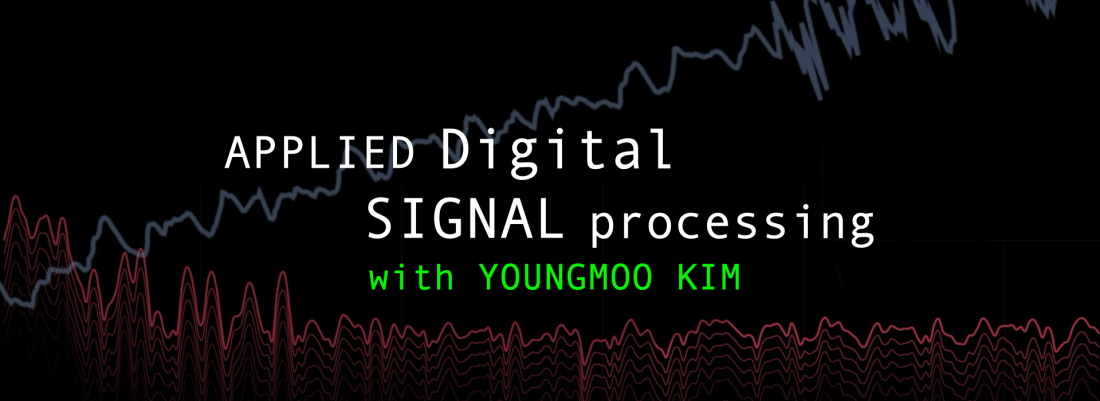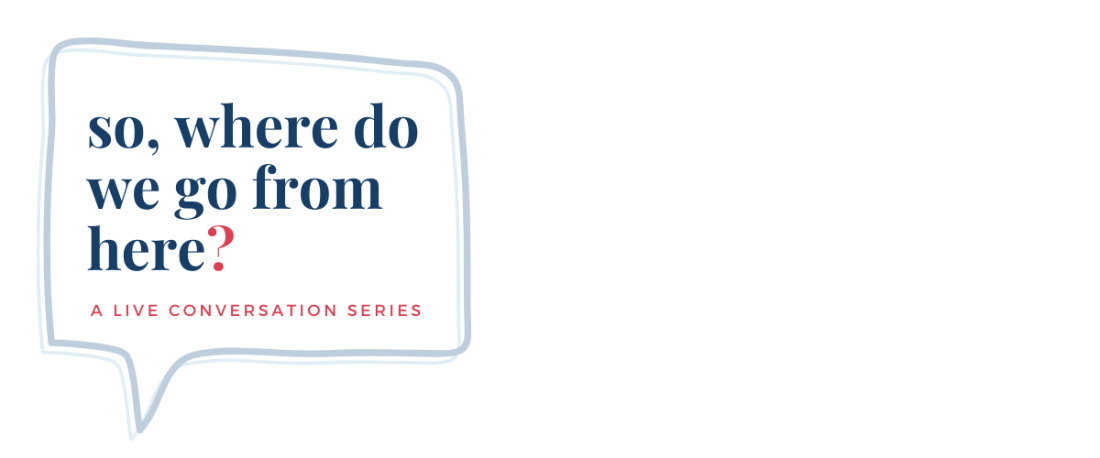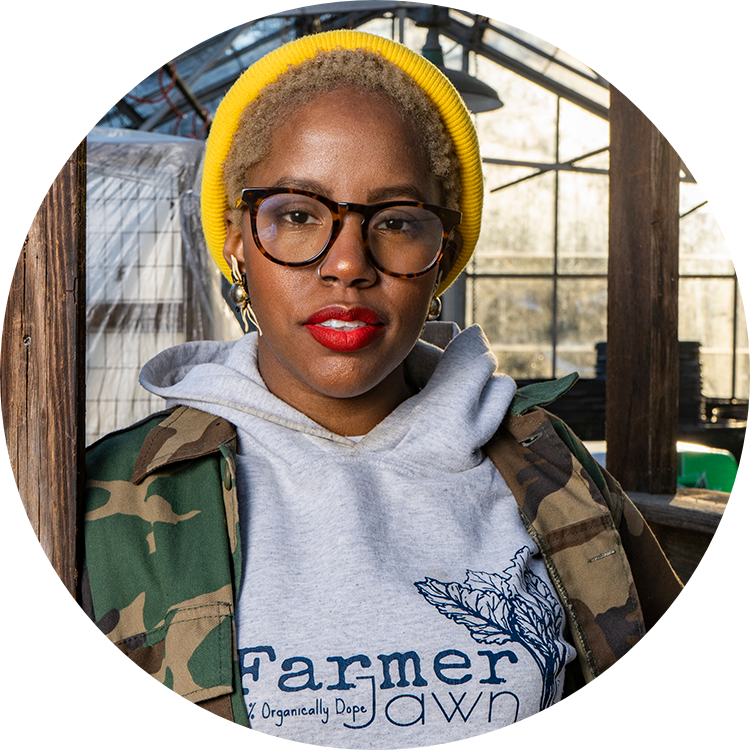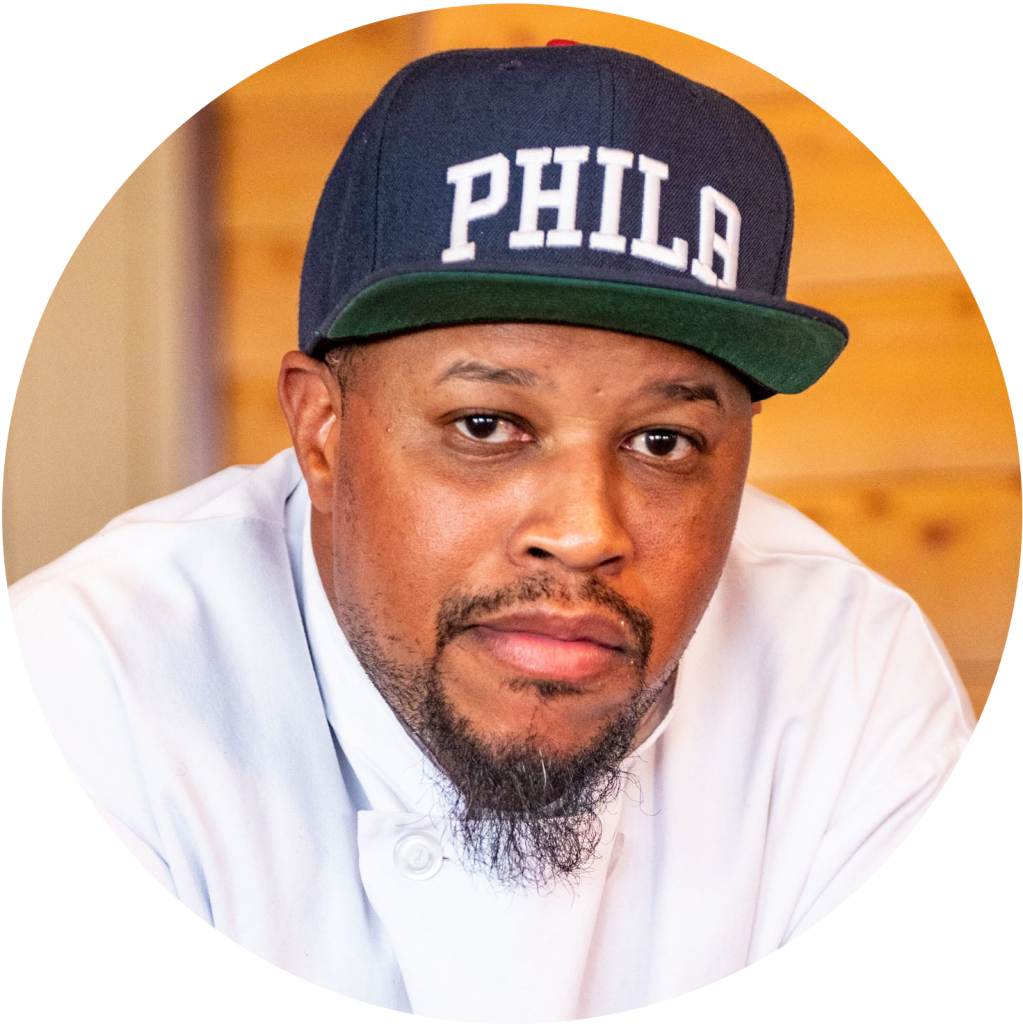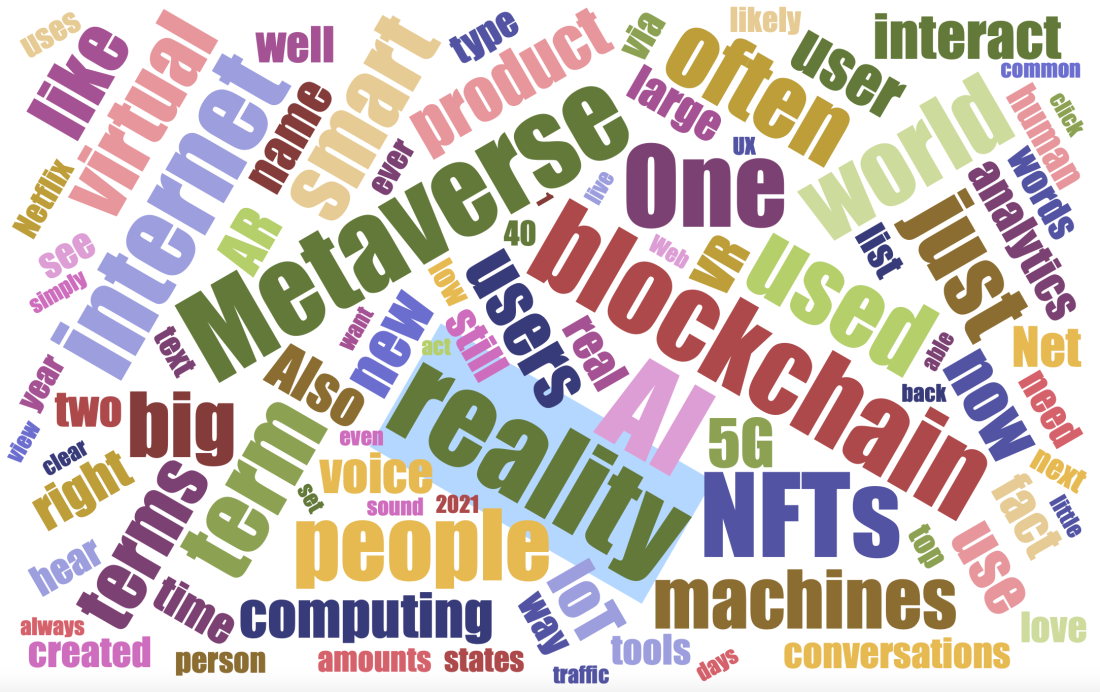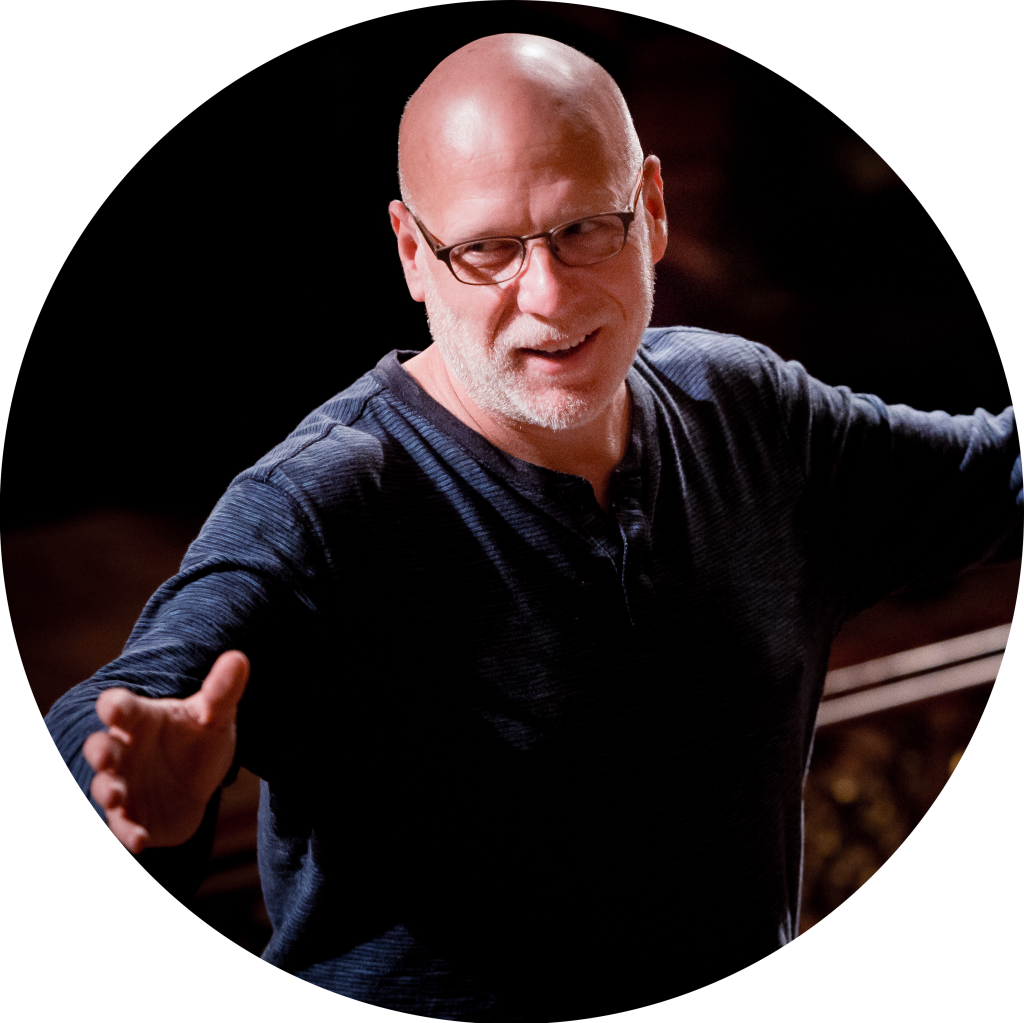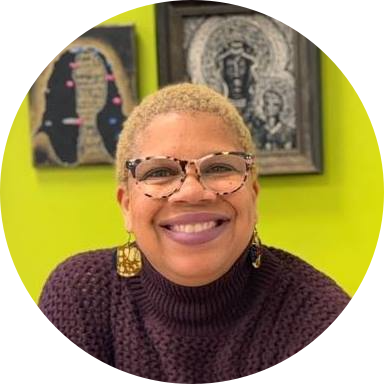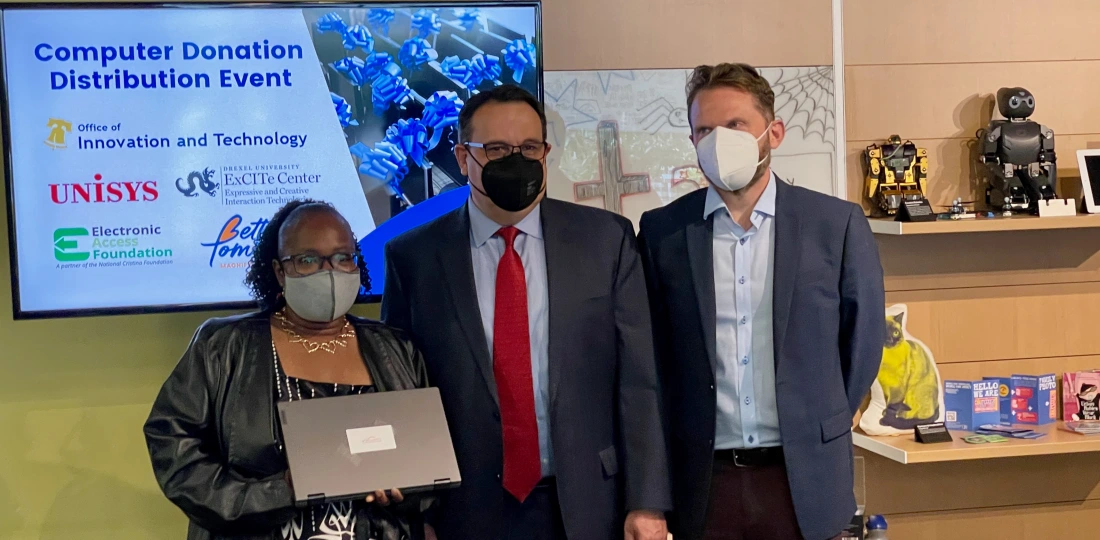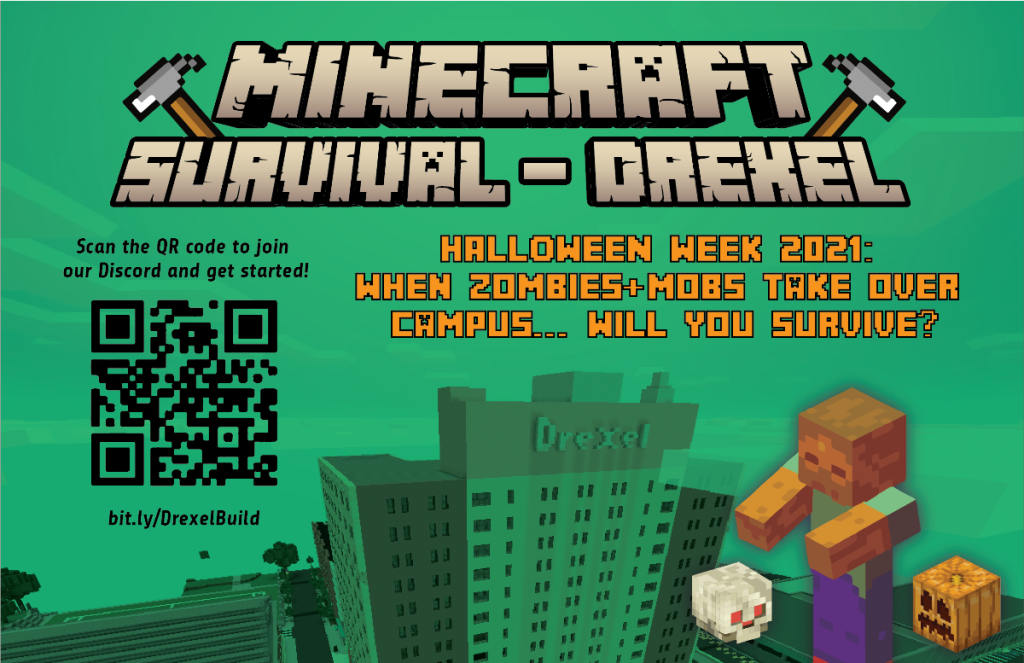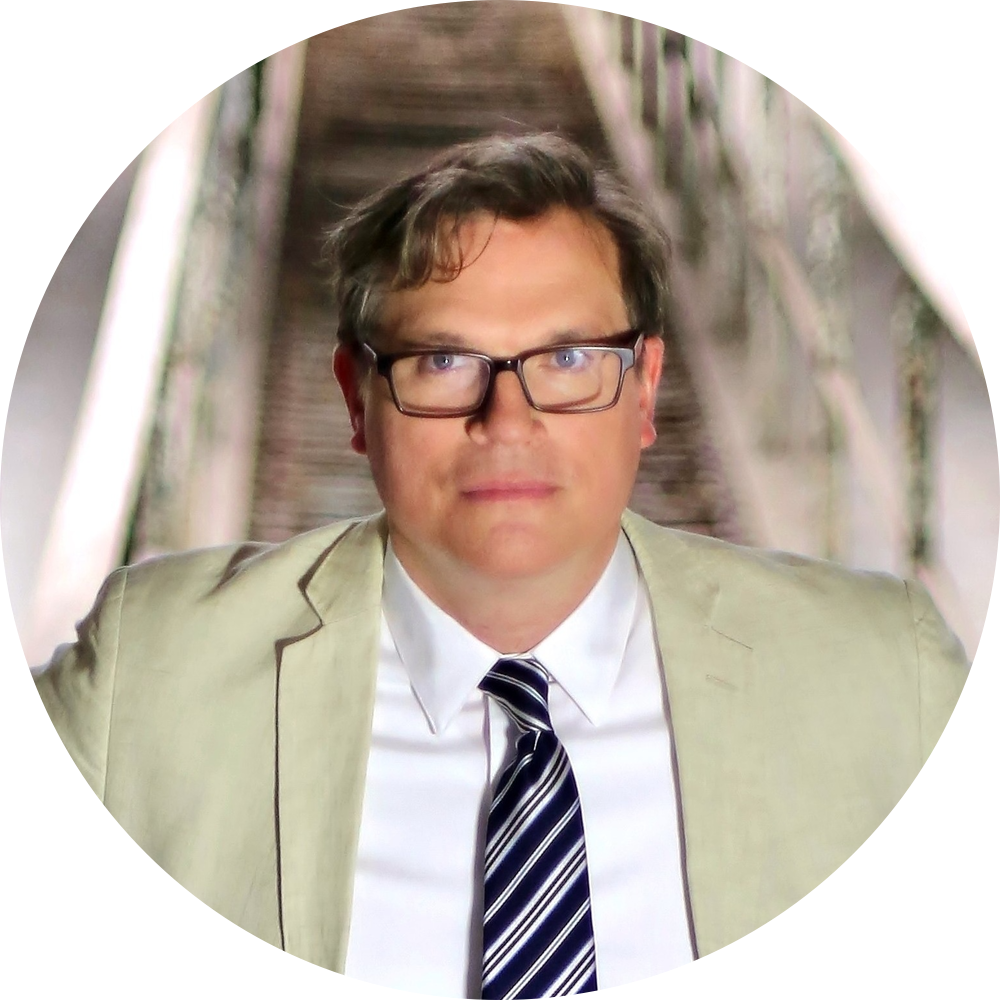The Arts-Tech Buzzwords of 2021
It’s been another challenging year for humanity (and humanists). While some creative and social activities have returned to being in-person, others still remain distant. Technology has an even greater hold on our daily lives, so “new” advances received a lot of attention throughout the year. Here are my thoughts on some of the most hyped tech terms, particularly as they relate to artists and creatives.
NFTs. Just. The. Worst. I have not been shy about my disdain for NFTs (Non-Fungible Tokens). My fundamental complaint is that NFTs attempt to impose analog, real-world scarcity upon a digital domain where there is none. Digital bits are not scarce… they are just 1s and 0s and are by their nature infinitely copyable, a fact that has powered the digital media revolution. Claiming that some exact digital copies of a work are more privileged than others is just nonsensical. Unfortunately, NFTs are a hype bubble inflated by those self-interested in the success of NFTs.
I firmly believe artists should be paid, but NFTs aren’t the solution. It’s yet another attempt to turn uber-wealthy individuals into suckers. Only a few artists will find such benefactors. I’d advise digital artists to pursue other paths to monetization (crowdfunding and selling other forms of access and patronage for their work) over putting any effort into NFTs. Oh, and they are truly terrible for the environment.
Please note my rant is aimed at NFTs specifically and not all “Crypto” (blockchain-based) efforts. I believe there are legitimate and productive uses of the blockchain that are emerging. There may even be blockchain-derived applications that are useful to artists. But not NFTs. Hard pass.
AI. It’s already here, but not in the way most would have you believe. AI is not impacting us as “sentient machines” as depicted in sci-fi movies. It is far more subtle, but AI (really machine learning, which is lots of data and computation to recognize patterns) is powering the next wave of creativity. Behind the scenes, AI is the engine (“the algorithm”) that recommends and pushes content to you (Netflix shows, TikTok and YouTube videos, music, etc.). This is the kind of AI that will perform single specific tasks well, but it’s still quite limited.
AI, however, is also empowering creators with new tools that haven’t existed before. Photo and video editing apps let you easily adjust scenes to alter or remove elements. Audio tools automatically align music to go complement a video, adjusting length and matching key moments. These are time savers, to be sure, but I’m certain digital creators will find ways to use such capabilities to transform content in ways we haven’t foreseen. These features also lower the barrier to entry for making videos, music, etc., enabling more people to create. We’ll see more more and more AI-enabled art next year, it just won’t be obvious.
VR and the Metaverse. This is tricky, because these are really two different things (although Facebook, I mean Meta, would have you believe otherwise). If we’re talking about an alternate reality that is indistinguishable from our physical reality, we still have a long way to go. But if the Metaverse is an alternate space where people go to express themselves, interact, and transact, we’re already there. In gaming environments, such as Roblox, Minecraft, and other massive online worlds, gamers have created alternate representations of themselves and spend much of their time interacting through their “avatars”. Arguably, even some messaging and social media platforms are primitive “Metaverses”.
But if we’re talking about goggles you put on your face to transport you to another reality, I don’t believe this will become mainstream for some time, if ever. Hard-core gamers may disagree (and there are some truly compelling and immersive games created for VR headsets). For most people, neither the technology (it’s still heavy and uncomfortable) nor the motivation (content) are there yet. And for most artists and performers, I don’t see a compelling use… yet. One may eventually emerge, but I’d hold for a few years, at least.
My apologies to subscribers. Due to other deadlines and a frenetic end of year, I’ve missed several publishing cycles (and once you miss one, it’s too easy to miss another one). The world also changed quite a bit this Fall… We have mostly returned to live performances, which is wonderful, but it means that many have shifted away from a focus on virtual/digital content. As a result, there’s been less for me to comment on the theme of “creating at a distance”. Of course, the recent pandemic surge has made things a bit more perilous at the end of the year, so we’ll see how things go in new year.
I’m not going to stop, but my upcoming schedule probably won’t allow for me to publish bi-weekly, as I have for most of 2021. I still intend to post when I can and when I have something of interest to share, but my publishing schedule will likely be irregular in 2022. Best wishes to all of you for a very Happy New Year!
(Socially) Distant Creations
- Ave Maria [Kings Return] Another fantastic stairwell performance by this talented a cappella quartet. I’ve shared some of their earlier videos, and I’m happy to see they’ve recently blown up a bit. A great example of how some artists have used video to grow their audiences during the pandemic.
- All I Want For Christmas… [John C. Worsley] A unique take on the ubiquitous Christmas anthem, with a high degree of 90s nostalgia for us fans of Star Trek: The Next Generation. Be sure to also check out his latest, You’re a Mean One, Mr. Spock.
- Deck the Hall [The King’s Singers] From this holiday season’s Live From London streaming festival, this time performed before an actual live audience! This is an example of how some performances only work with an audience. Started during the pandemic, Live From London continues to be the premiere outlet for new vocal ensemble performances.
- Deck the Hall [Chanticleer] I couldn’t resist putting these two videos back-to-back. Another beautiful performance of the holiday classic, but it’s striking to see the two different takes: one performed for a live audience and this one, a video-only production.
- There’s Something About That Name [Jordan Baize, via NY Times] The morning after a tornado destroyed his house, a Kentucky homeowner took to his piano, still intact under an open sky. An incredibly haunting video that still manages to convey a sense of hope.
What I’m creating…
While it still hasn’t snowed in Philadelphia this season, there’s plenty of it in the Drexel Build, our virtual campus in Minecraft. Special thanks to my students in the Music & Entertainment Technology Lab for the soundtrack.
Happy New Year!
